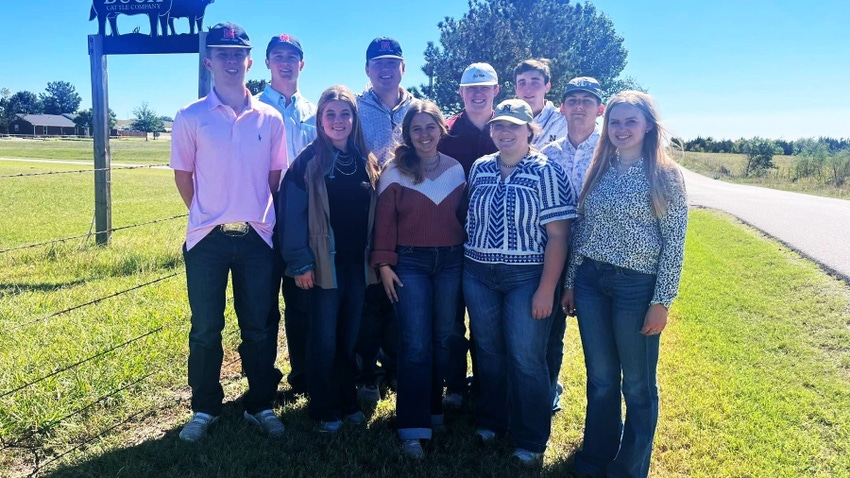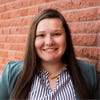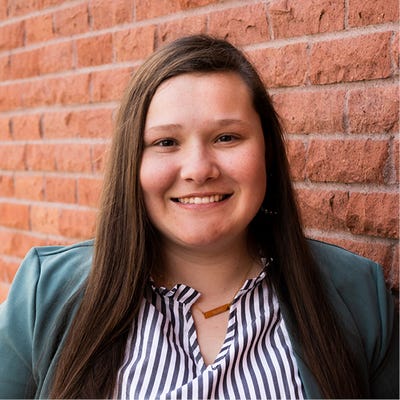
The age-old question that comes from students is, “When will I ever use this?” I am guilty of thinking the same thing in my classes, even in college. But a lightbulb went off in my head when I was on a livestock judging workout at Burch Livestock.
Needless to say, I am not living the typical college student life. Many call me crazy for juggling essentially three full-time commitments — being a senior at the University of Nebraska-Lincoln, being on the livestock judging team and being a staff writer for Farm Progress.
But I never could decide what to cut out because I am so passionate about all three. When connections throughout the industry are made, it makes me realize how integrated the agricultural industry is.
When class becomes practical
To prepare for the American Royal livestock judging contest in Kansas City, Mo., we made our stops to high-quality show stock operations. After sorting through a few classes, we were surprised to see a class of mature ewes to place. After we placed the class, we found out that there was a jump ewe in the class. One of the first things that I wrote down in my steno was that she was awfully masculine.
Then the owner of Burch Livestock, Kolby Burch, explained to us that for her to be a jump ewe, they must increase amounts of estrogen for her to do her job correctly. Reflecting on my time in livestock reproduction and physiology class this semester, I remembered talking about how an increase of estrogen will also cause an increase in testosterone.
This connection really made me think back and realize maybe all the studying that I am doing in these classes really will help me not only in livestock judging, but also as I travel the Midwest, reporting on different animal science topics.
Inherent love for animal science
As you can probably guess, handling all of this is no easy feat. But when the going gets hard, I think back to why I am so passionate about this industry. It was not until sophomore year that I added animal science, alongside agricultural and environmental sciences communications. I felt the need to learn more about the industry that I would be representing one day.
But adding animal science is not something new in the Hodges family. My grandpa Dan Hodges was an agronomy major and decided to add animal science to bring more value back to the family farm. Clearly, the eagerness to learn is something that runs in the family.

BEING REAL: The app BeReal goes off during the day at a random time. This time, BeReal caught us being typical college students on a football Saturday, showing our school spirit.
My dad, Michael Hodges, knew that he wanted to come back and raise hogs, so he focused mostly on the animal science side of things. To be more immersed in the industry, he joined the livestock judging team as an in-house kid. Little did my dad know that I would follow in his footsteps and join the UNL livestock judging team 25 years later.
I know that soon, all those late nights studying in the UNL East Campus Union will pay off when I can better cover ag stories to bring relevant information to producers. And while the judging season is ending, I am excited to show off the stock sense and communication skills I have gained while being on the team.
Read more about:
EducationAbout the Author(s)
You May Also Like






